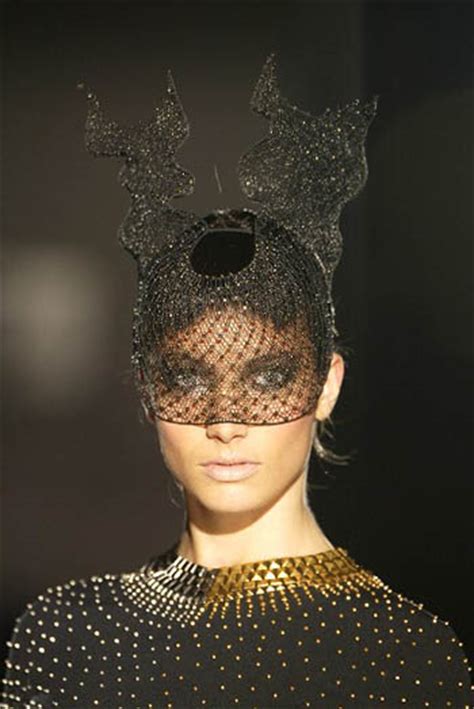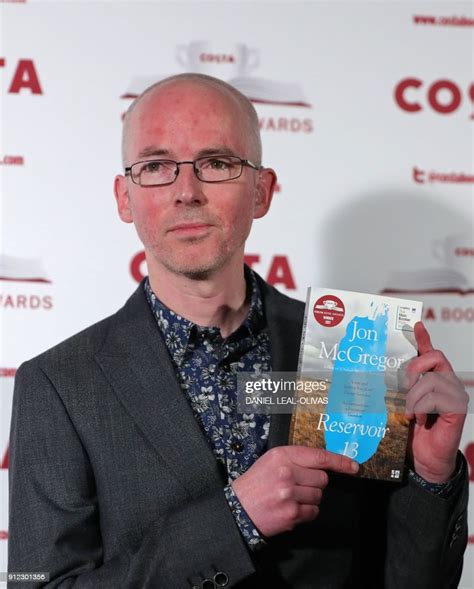A Quote by James M. Barrie
But the years came and went without bringing the careless boy; and when they met again Wendy was a married woman, and Peter was no more to her than a little dust in the box in which she had kept her toys.
Related Quotes
Every woman whether rich or poor, married or single, has a circle of influence within which, according to her character, she is exerting a certain amount of power for good or harm. Every woman, by her virtue or her vice, by her folly or her wisdom, by her levity or her dignity, is adding something to our national elevation or degradation. A community is not likely to be overthrown where woman fulfills her mission, for by the power of her noble heart over the hearts of others, she will raise that community from its ruins and restore it again to prosperity and joy.
I never watched those Spice Girls. I didn't enjoy that at all. So I didn't know Victoria Beckham well. But she came out with this pretty boy, got married, and the boy got more tattoos and more tattoos. And then I met her a few times, and we started work, and something happened. You know, she wanted it. She loves what she's doing.
My mom let me play in her clothes, wear makeup, and I had high heels from a thrift store. My mom tells me that the only reason she let me dress in her clothes is because she couldn't afford any toys, and it seemed entertaining enough and kept her from having to buy me anything, 'cause everything I wanted was in her makeup box or wardrobe.
Not that she didn't love almost every boy she'd ever met, and not that every boy in the world didn't totally love her. It was impossible not to. But she wanted someone to love her and shower her with attention the way only a boy who was completely in love with her could. The rare sort of love. True love. The kind of love she'd never had.
Selfishly, perhaps, Catti-brie had determined that the assassin was her own business. He had unnerved her, had stripped away years of training and discipline and reduced her to the quivering semblance of a frightened child. But she was a young woman now, no more a girl. She had to personally respond to that emotional humiliation, or the scars from it would haunt her to her grave, forever paralyzing her along her path to discover her true potential in life.
That is just the way with Memory; nothing that she brings to us is complete. She is a willful child; all her toys are broken. I remember tumbling into a huge dust-hole when a very small boy, but I have not the faintest recollection of ever getting out again; and if memory were all we had to trust to, I should be compelled to believe I was there still.
For they might be parted for hundreds of years, she and Peter; she never wrote a letter and his were dry sticks; but suddenly it would come over her, If he were with me now what would he say? --some days, some sights bringing him back to her calmly, without the old bitterness; which perhaps was the reward of having cared for people; they came back in the middle of St. James's Park on a fine morning--indeed they did.
There was a warmth of fury in his last phrases. He meant she loved him more than he her. Perhaps he could not love her. Perhaps she had not in herself that which he wanted. It was the deepest motive of her soul, this self-mistrust. It was so deep she dared neither realise nor acknowledge. Perhaps she was deficient. Like an infinitely subtle shame, it kept her always back. If it were so, she would do without him. She would never let herself want him. She would merely see.
She remembered that once, when she was a little girl, she had seen a pretty young woman with golden hair down to her knees in a long flowered dress, and had said to her, without thinking, "Are you a princess?" The girl had laughed very kindly at her and asked her what her name was. Blanche remembered going away from her, led by her mother's hand, thinking to herself that the girl really was a princess, but in disguise. And she had resolved that someday, she would dress as though she were a princess in disguise.
Her family had of late been exceedingly fluctuating. For many years of her life she had had two sons; but the crime and annihilation of Edward a few weeks ago, had robbed her of one; the similar annihilation of Robert had left her for a fortnight without any; and now, by the resurrection of Edward, she had one again.
The extraordinary woman depends on the ordinary woman. It is only when we know what were the conditions of the average woman's life - the number of children, whether she had money of her own, if she had a room to herself, whether she had help bringing up her family, if she had servants, whether part of the housework was her task - it is only when we can measure the way of life and experience made possible to the ordinary woman that we can account for the success or failure of the extraordinary woman as a writer.
The wide world was changing, and she wanted a different place in it. Not just wanted, but felt she deserved. If the world didn't owe her a living, as her mother repeatedly warned her, it owed her a break. She had a strong sense that a better, more exciting, more rewarding life than that which had been the lot of her parents and grandparents was hers by right. In this she was guilty of nothing more serious than the arrogance of youth, from which every generation suffers and by which it distinguishes itself from the preceding one.
For a mother the project of raising a boy is the most fulfilling project she can hope for. She can watch him, as a child, play the games she was not allowed to play; she can invest in him her ideas, aspirations, ambitions, and values - or whatever she has left of them; she can watch her son, who came from her flesh and whose life was sustained by her work and devotion, embody her in the world. So while the project of raising a boy is fraught with ambivalence and leads inevitably to bitterness, it is the only project that allows a woman to be - to be through her son, to live through her son.
He thinks about her, at this moment, in her house, a few thin walls away, packing her life into boxes and bags and he wonders what memories she is rediscovering, what thoughts are catching in her mouth like the dust blown from unused textbooks. He wonders if she has buried any traces of herself under her floorboards. He wonders what those traces would be if she had. And he wonders again why he thinks about her so much when he knows so little to think about.





































